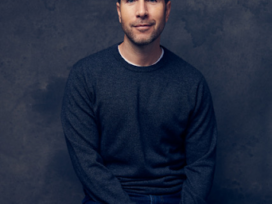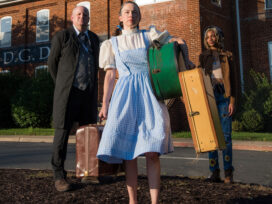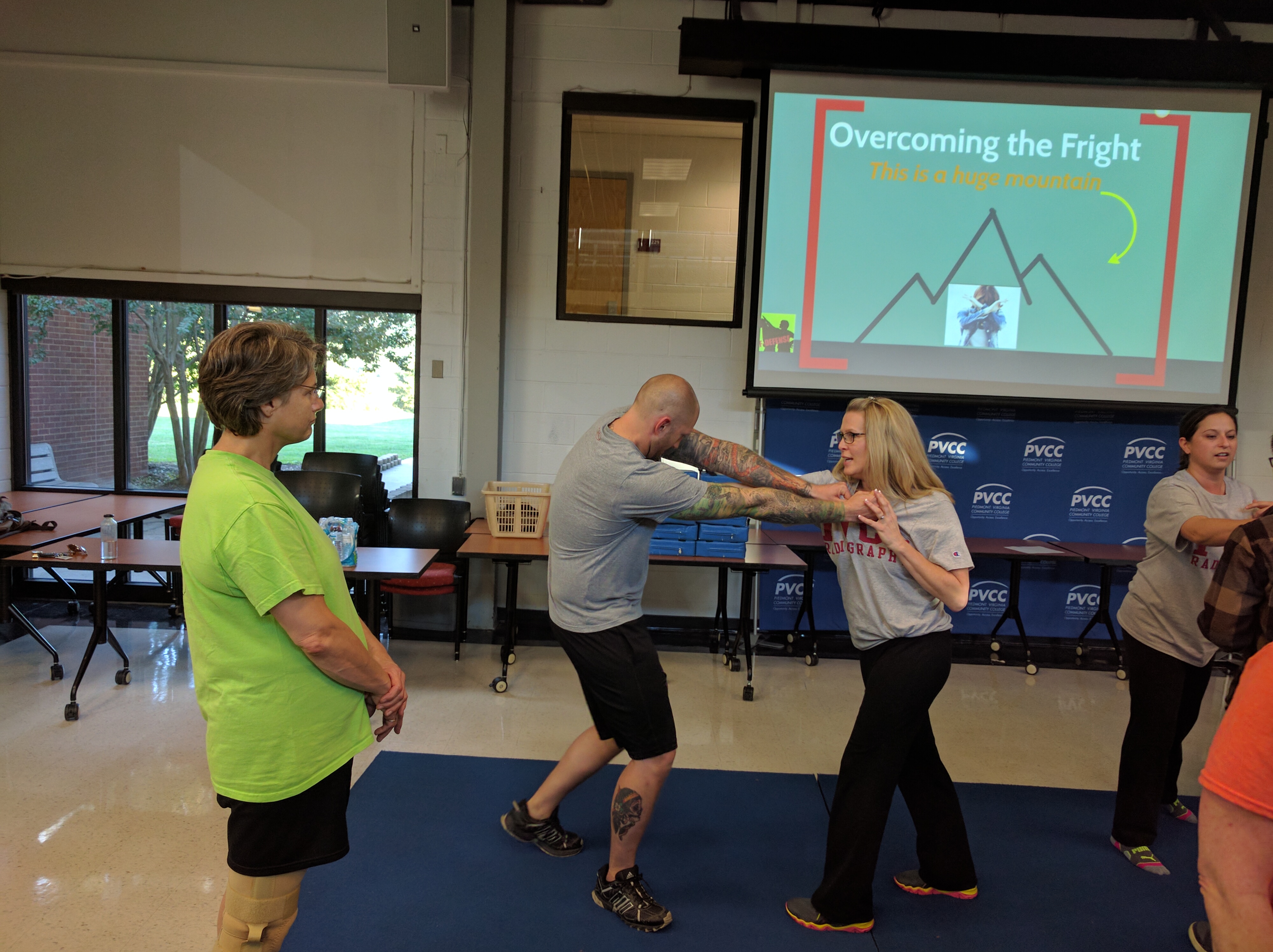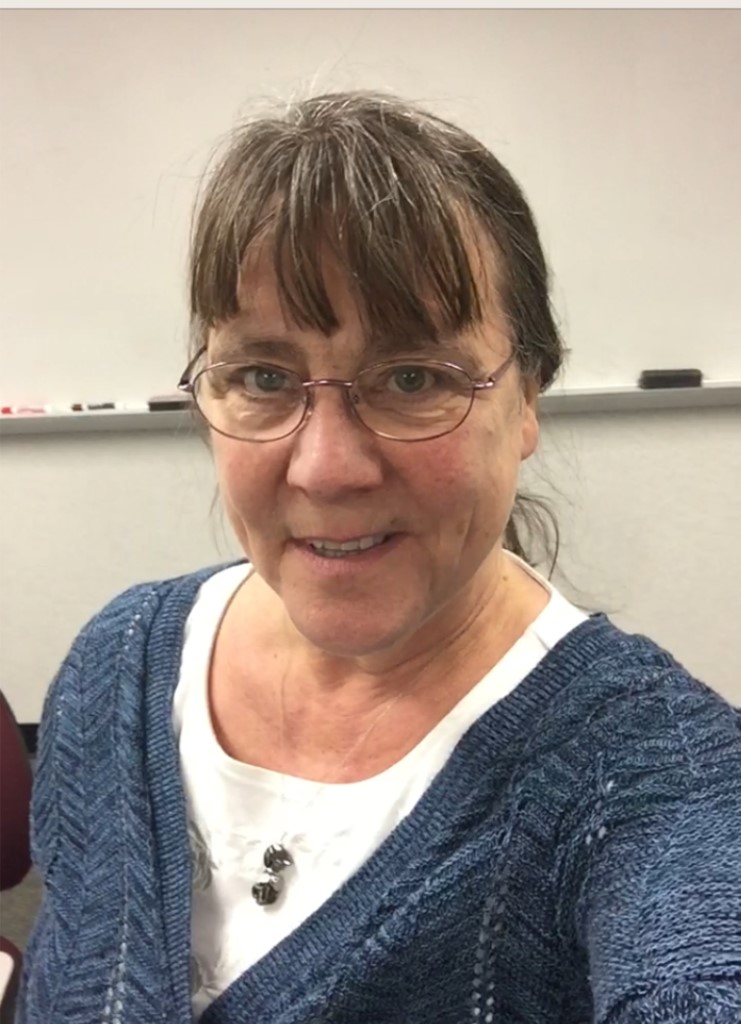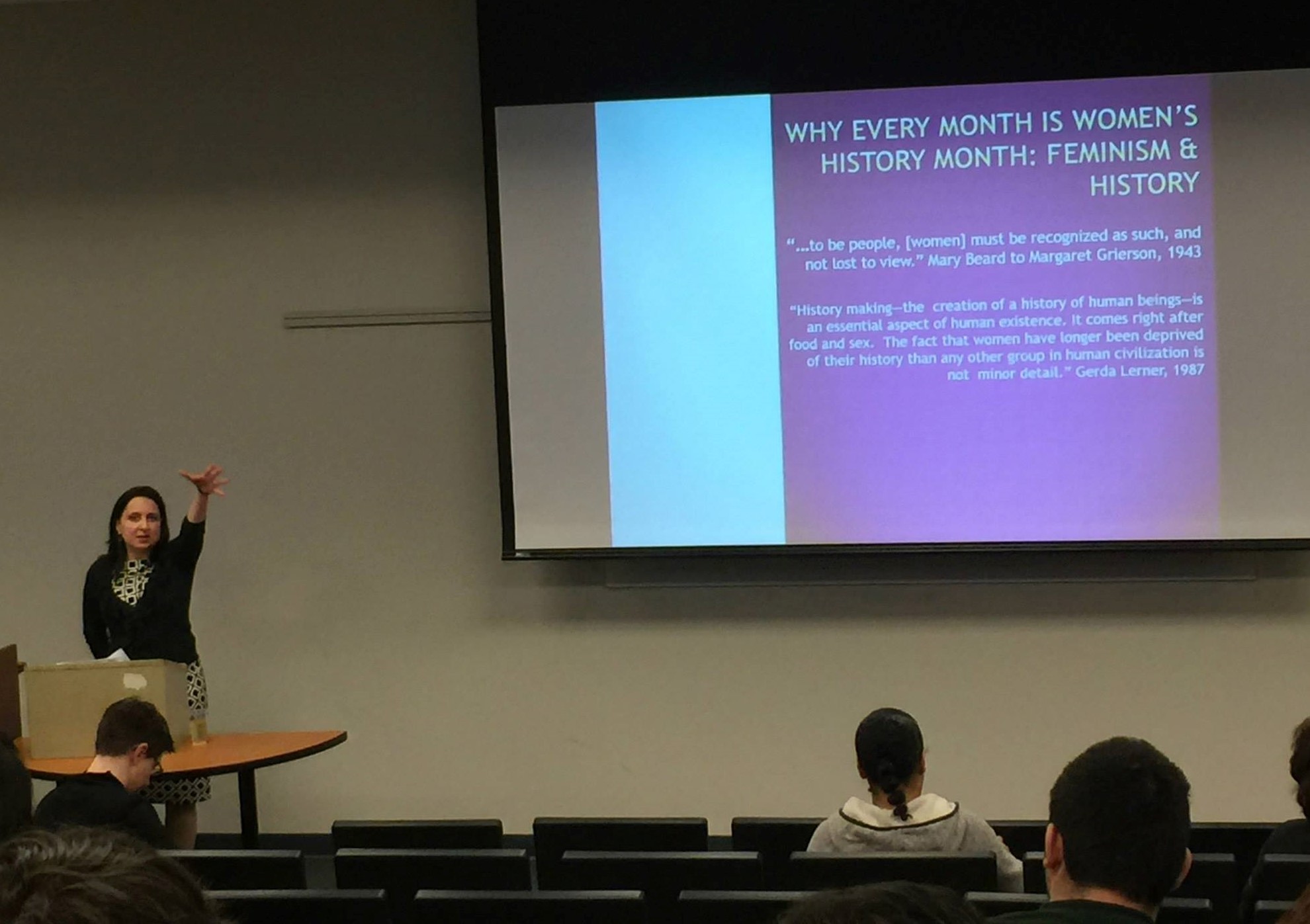
Teaching the History of the Majority
Scottish historian Thomas Carlyle once said, “The history of the world is but the biography of great men.” But history, and more specifically women’s history, “isn’t about the female greats of American history in a female version of Carlyle’s history of great men. It’s about ordinary women and women activists and their multifarious, collective, organized efforts to move history in particular directions,” said Associate Professor of History Dr. Jennifer Tomás. This is what she teaches in her civic engagement class, History 127: Women in American History.
Tomás, who has been teaching American history at PVCC since 2013, said, “I don’t think that history is owned by any one particular group. Traditionally, European and American history, has been presented as the history of the rich, the powerful, and the politically enfranchised. So that created for centuries a sort of skewed, biased way of looking at the past.”
History 127 is not a typical history course either; With its thematic emphasis on civic engagement, it is not simply limited to the pioneers of civil rights or the history of the women’s rights movement. Rather, it covers the wide array of people who worked from distinct ideological and cultural frames of reference in their efforts to influence the society in which they lived, in a broad array of social, civic, and political movements. Students do not get a sanitized version of history, which means covering everything, uncomfortable or otherwise.
“Part of that is structuring the course by selecting materials that reflect a lot of different perspectives, even ones that I find disagreeable. To be fair, to be realistic, to be honest you have to present an array of views, even if some of those views are counter to what people might find the overall lesson of women’s history is,” said Tomás.
History 127 is definitely a reading intensive course. Students should expect to be ready to discuss their opinions of the reading, and be ready to back them up with evidence from the sources.
“What I’ve found is that by cutting back on the number of the formal writing assignments students are freed to devote more time to close, careful reading and are therefore usually more able to participate in class discussions. This, in turn, usually improves their performance on formal writing assignments. When I can get students engaged and discussing that’s very exciting to me, I love to talk, but I love it when students have important things to say and offer different viewpoints on those topics,” said Tomás.
History 127 was first introduced as a Civic Engagement (CE) course in 2019 as part of the Quality Enhancement Plan at PVCC, so an intrinsic component of the course talks about civic organizing of different social movements. The record of women’s active participation in American public life over the last 200 years meant that the history of American women was an easy fit for the CE program.
“Now that History 127 counts as both a history requirement and a Civic Engagement requirement I’m looking forward to being able to offer it more regularly,” said Tomás. Previously the course only counted as an elective.
“Now History 127 is coequal on degree sheets as an option for fulfilling the history requirement. It offers an alternative to the standard history surveys in United States History, African American History, World History, and Western Civilization. As a bonus, it fulfills the Civic Engagement requirement and can still be used as a transfer elective. All of this has stabilized enrollment in the course significantly, even in the face of the pandemic, so that I can offer it 1-2 times per academic year,” said Tomás.
“My job as a history professor is to provide students with a narrative framework, and beyond that it’s to get students to be thinking like historians; How they know what they know, how they go about their work, and how they gather evidence to support their interpretation, and so I think that’s a really important element of all my history classes. I do teach from a social history perspective, and I do in every single one of my courses, invite students to think about how elements of identity: race, class, ethnicity, gender, sexuality, culture, how all those things impacted historical development in this country, but also how that shapes individual historical experience and collective historical experience,” said Tomás.
As a student who has taken this course, I would highly suggest History 127 to anyone who is looking for a challenging and engaging course that will fulfill history, CE, or transfer requirements. While it is a reading intensive course, there are usually minimal assignments, and the class discussions and lectures are very engaging and will help broaden your knowledge of US history overall and possibly challenge some of your existing viewpoints. History 127 is typically offered in both the fall and spring semesters, with the class being held twice a week in 1 hour and 15 minute sessions. The course number is 40436.


